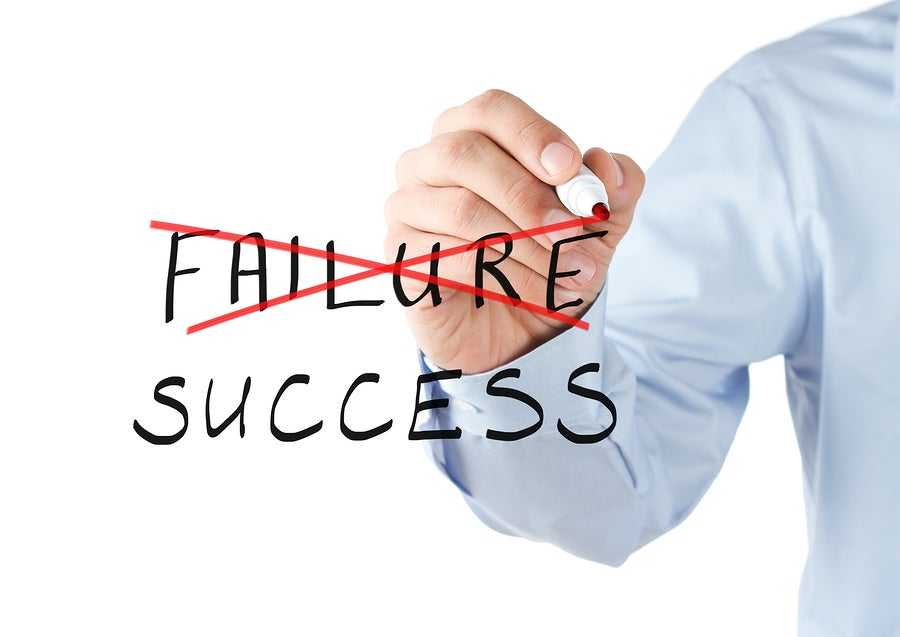Without a Scrum Master’s guidance, businesses, particularly those in tech, would reap the rewards of following Scrum principles.
What is a Scrum Master?
A Scrum Master is an advocate and representative for the Scrum framework within a Scrum team and the broader organization. Scrum Masters are especially prevalent in the software development context, helping to improve apps and release new updates.
As an expert in the Scrum framework, the Scrum Master works alongside the Owner and team members, typically software developers, to ensure they are following Scrum principles, according to the Scrum Guide.
The Scrum Master consults the team on Scrum best practices to maximize efficiency and value.
Responsibilities
A Scrum Master is responsible for leading and managing complex projects according to the Scrum framework which is part of the Agile methodology.
Primary responsibilities include:
- Defining goals
- Managing product backlogs
- Monitoring how the team progresses towards project milestones, ideally as efficiently as possible
- Ensuring alignment with Scrum best practices
- Promote higher productivity, quality, and efficiency of the Scrum Team
- Coaching team on cross-functionality and self-management
- Removing any impediments to the team’s progress
A Scrum Master is different from a Project Manager, as each requires a different set of interpersonal skills, experiences, and management styles.
The project manager leads the team, manages project timeline and costs, makes decisions, and reports to company leadership.
The Scrum Master serves as a coach and facilitator for the team. The Scrum Master removes roadblocks, addresses interpersonal conflict, and any other obstacles that get in the way of properly following the Scrum process.
Read more: Difference Between Scrum Master and Project Manager
A Day in the Life of a Scrum Master
Within a work sprint, typically lasting two weeks, the Scrum Master conducts brief daily stand-up meetings. In these meetings the Scrum team members report task progress, any issues they’re encountering, and their priority for that day.
Based on input from team members, the Scrum Master assists team members with problems, answers their questions, and coaches them on Scrum best practices for organization and efficiency.
What Does It Take to Become a Scrum Master?
A combination of specific skills, experience, and education are necessary to be a successful Scrum Master.
Necessary Skills to Become a Scrum Master
A Scrum Master possesses skills in the following areas:
- Adaptability to overcome and succeed in spite of last-minute changes
- Communication to work with various stakeholders
- Leadership to motivate the Scrum team members to perform at their best
- Organization to effectively manage tasks and resources for your team
- Problem-solving to tackle the most complex projects
Some of these skills come more naturally than others, depending on the individual personality, however, these skills can also be acquired on the job.
Background Knowledge
Scrum Masters acquire knowledge that comes with on-the-job experience or through specialized training. Such knowledge includes:
- Technical knowledge about software development to understand developers’ tasks and anticipate issues they will encounter
- Business analytical skills to refine products to meet company and customer needs
- Proficiency in Agile project management
Education
Scrum Masters usually hold a bachelor’s degree in IT, business administration, or a related field.
Read more: Best Books and Resources for Scrum Masters
How Much Do Scrum Masters Make?
The average annual salary for a Scrum Master in the United States is $125,131, with the top paying cities being Green River, WY, Santa Clara, CA, and Mountain View, CA. Salary prospects depend on location, experience, and earning a certification.
Scrum Master Certifications
Certified Scrum Masters (CSMs) earn up to 40% higher salary than non certified Scrum Masters. This particular certification yields high return on investment compared to other certifications. A certified Project Management Professional (PMP), for instance, earns on average 25% higher salary.
Becoming a Certified Scrum Master entails training, coursework, an exam, or a combination of all three with an accredited certifying body.
A number of certifying bodies offer Scrum certification programs. Project Management Institute (PMI) and Scrum Alliance are considered to be two of the most reputable Scrum certification organizations.
Certifications from Project Management Institute
- Disciplined Agile Scrum Master
- Explore the fundamentals of Agile and Lean methodologies and techniques
- Best for beginners who are new to Scrum and Agile frameworks
- Cost: $399-499
- Duration: 14 hours (including training and the exam)
- Format: self-paced online course and an exam
- Disciplined Agile Senior Scrum Master
- Provides a deeper understanding of how to apply the Disciplined Agile toolkit as well as how to effectively lead Agile teams
- Best for intermediate to advanced professionals with at least two years of experience with Scrum
- Cost: $749 and up, depending on the course provider
- Duration: 14 hours (including training and the exam)
- Format: self-paced online course and an exam
Certifications from Scrum Alliance
- Certified ScrumMaster
- Teaches Scrum theory and how to plan sprints
- Best for beginner Scrum Masters
- Cost: $1,295
- Duration: 16 hours (including training and the exam)
- Format: instructor-led online or in-person course and an exam
- Advanced Certified ScrumMaster
- Instructs on how to apply foundational knowledge
- Best for intermediate Scrum Masters who have at least one year of experience
- Cost: $1,299
- Duration: 16 hours (for training only, no exam)
- Format: instructor-led online or in-person course
- Certified Scrum Professional ScrumMaster
- Certifies expertise in Scrum and Agile principles
- Best for advanced Scrum Masters with at least two years of experience
- Cost: not available
- Duration: 16 hours (for training only, no exam)
- Format: instructor-led online or in-person course
Other Scrum Master Certifications
- Professional Scrum Master from Scrum.org
- Offers three levels of certification for beginner, intermediate, and advanced Scrum Masters
- Best for Scrum Masters of any experience level
- Cost: $150 (for PSM I)
- Duration: 60-minute exam
- Format: optional instructor-led online or in-person course and mandatory exam
- SAFe Scrum Master from Scaled Agile
- Teaches iteration planning, Agile team management, and more
- Best for intermediate-level Scrum Masters who work at SAFe-specific organizations
- Cost: $795-2,795
- Duration: 17.5 hours (including training and the exam)
- Format: instructor-led online course and an exam
- Registered Scrum Master Certification from Scrum Inc.
- Explores the role of the Scrum Master and the benefits of Scrum to an organization
- Best for aspiring Scrum Masters or anyone who works with one and want to first get a grasp of how Scrum impacts an organization on a macro level
- Cost: $1,995
- Duration: 17 hours (including training and the exam)
- Format: instructor-led online course and an exam
The financial commitment of earning a Scrum Master certification depends on the program, but expect to spend up to $3,000 for a certification.
It’s a good idea to obtain a Scrum Master certification if you are currently a Scrum Master or are aspiring to become one. Certification helps you acquire the necessary skills to attract employers’ attention and successfully work in Agile teams.
Are You Ready to Become a Scrum Master?
Scrum is the most widely-used framework for Agile development that yields high-quality products for customers. None of that would be possible without the Scrum Master to guide the Scrum team on Scrum processes. Scrum-certified employees, and particularly Scrum Masters, are thus in high demand and typically receive a high salary as a result.





